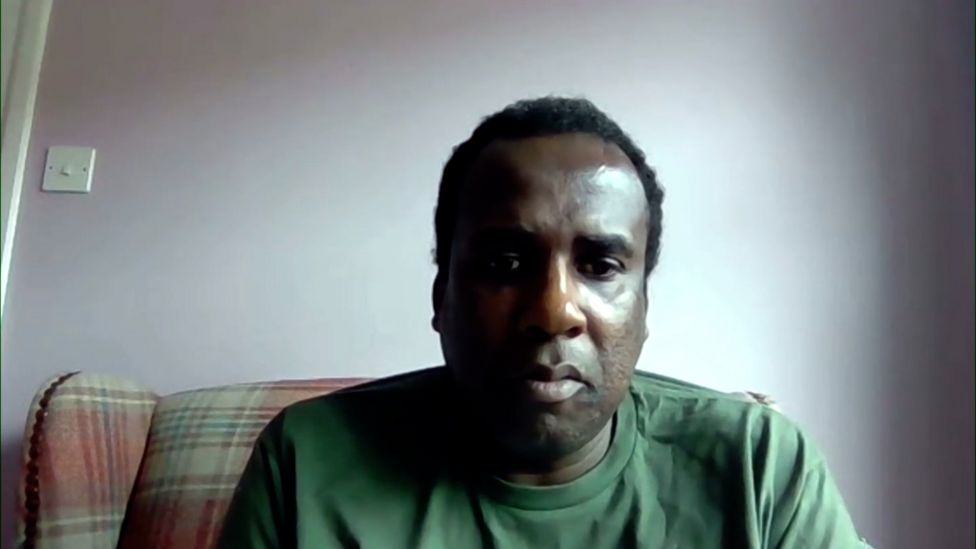Miscarriages of justice cases like that of Oliver Campbell are the reason why we have an independent miscarriage of justice watchdog. In this week’s Justice Gap podcast, we talk to Oliver and his supporters about why they believe that in this case the Criminal Cases Review Commission has been more of a hindrance than a help. Calum McCrae and Jon Robins report
Oliver Campbell was convicted of murder in 1991 and spent 11 years in prison. In July 1990, an Asian shopkeeper was shot and killed in front of his son during a robbery of his off-licence on the Lower Clapton Road in Hackney, East London. Witnesses agreed that the two men who carried out the robbery were black and around 5 ft 10 inches tall. Oliver Campbell has often been described as ‘a gentle giant’. At 6 ft 3 and well-built, he has a striking and imposing build. He was sentenced to life despite his co-accused admitting the robbery and providing a written account identifying the killer and confirming that Campbell had nothing to do with the murder. The jury was never told of this account.
In this podcast, we speak to Oliver and his supporters – his long-term solicitor Glyn Maddocks QC and MP Sandy Martin about what makes this such a shocking case and what it might reveal about the Criminal Cases Review Commission. Oliver has severe learning disabilities having suffered a brain injury when he was eight months old. The podcast also features an interview with Lord Edward Garnier, chair of the Westminster Commission into the CCRC.
Earlier in the month, we reported that Oliver Campbell’s solicitor spoke out for the first time about how he was ‘misled’ by the police. ‘The police didn’t have anything like sufficient evidence probably even to get a prosecution of the ground, let alone a conviction, without something more – and the ‘more’ was going to be a confession,’ Arthur Mullinger told BBC Newsnight.
Campbell was questioned for several hours in a police station without an appropriate adult or lawyer. It was only eight hours after he was arrested that he was interviewed with Mulling, an experienced solicitor. He made his confession after that lawyer left the station, having requested that he be contacted if the police were going to recommence Campbell’s interviews.
Sandy Martin explains how his constituent ‘confessed to a murder that I do not believe a reading of the evidence could possibly suggest he had committed’. The MP calls the ‘a classic example of a devastating miscarriage of justice for the resolution of which the CCRC appears to be more of a hindrance than a help’.
‘I have dealt with over 100 miscarriage of justice cases and this is probably the strongest one,’ says Maddocks. ‘Physically, Oliver couldn’t have done what he was supposed to have done. The CCRC didn’t at any stage meet Oliver. That was one of its major failures. If you spend 10 minutes with Oliver talking to him, you know he couldn’t have done.’








